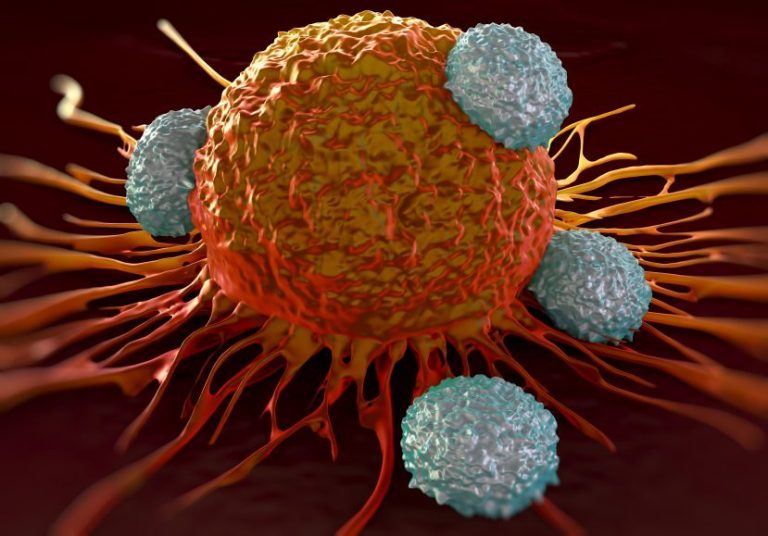
Earlier in August, we highlighted Adaptimmune Therapeutics PLC – ADR (NASDAQ:ADAP) as being a company to watch going forward, with a specific focus on the company’s pipeline. We noted that, while the company looked interesting, there were some concerns over whether it will be able to come up with the goods when it came to putting out trial data, and that the FDA had just compounded these concerns with a hold on a different indication.
Well, the company just announced an update from its ovarian cancer trial – SPEAR T-Cell Therapy Targeting NY-ESO-1 in Ovarian Cancer – and our suggestions have been validated somewhat.
Having said this, there’s the potential for something of a recovery (and perhaps a complete turnaround) if things can fix going forward. So, with this in mind, here is a look at the drug and the trial, and what we need to see in order to be convinced that the company has some upside potential medium to long term based on this asset.
First, a brief introduction, and a look at the science behind the drug.
It’s called NY-ESO-1, and it is the company’s lead asset, currently under investigation across a whole host of different cancer types in various stages of the development process. We are not going to go into too much detail here surrounding the mechanism of action – suffice to say it is an immunotherapy candidate that attempts to harness the power of the human immune system to attack cancer cells. Specifically, it recruits a certain type of immune cell, the T cell, to target and draw attention to tumor cells. Once attention has been drawn, the T cells attack, and other cells (primarily white blood cells like macrophages) come along and do the cleanup work.
Now, in this instance, the company needs to use a chemotherapy agent as the initial stage of treatment before administering the immunotherapy drug. This isn’t unusual, and it is likely that many immunotherapy agents that garner approval from the FDA will be used as such, at least for the time being, but there has been debate over which one, or two, of the available SOC agents Adaptimmune should use, here.
The latest data details the company choosing to go with a single therapy of a chemo agent called cyclophosphamide in the preconditioning phase. It also details that no objective responses have been seen in patients that underwent cyclophosphamide before moving on to NY-ESO-1.
Of course, this is not good, and the company is down close to 10% on the announcement. However, as mentioned above, there may be a near-term solution. In the trial protocol, the company allows for the addition of a secondary chemotherapy agent to the preconditioning phase of the study – an agent called fludarabine. Data, which was also just recently released, in a different type of cancer, demonstrated that response improved by more than 50% in patients that took a combination of cyclophosphamide and fludarabine before moving on to the immunotherapeutic agent, and so the assumption is that this response will transfer between cancer types, and – in doing so – improve the response rate associated with this ovarian indication.
So what’s next?
Well, Adaptimmune is having a pretty tough time of late, with the FDA putting a clinical hold on another trial investigating the same peptide, looking at a type of sarcoma called myxoid round cell liposarcoma (MRCLS). This clinical hold weighed heavy on market sentiment, and has had some investors pulling out on the suggestion that the company’s partnership with pharma giant GlaxoSmithKline plc (ADR) (NYSE:GSK) might be in jeopardy.
We don’t think this latter statement is too much of an issue, as the program is wide enough to absorb a couple of setbacks. However, it has injected some degree of doubt into wider markets, and this has made ADAP a tough ticker to hold across the last few months.
We’d like to see the company resolve its hold issues cleanly, and then get to work on putting out some data in support of the ovarian cancer indication. Specifically, showing that by adding fludarabine to the preconditioning phase of the study, the company can boost the response rate among its patients.
This is still very much one to keep an eye on. If the company can get over its medium term hurdles, it could be a nice long term allocation on the back of its immunotherapy program’s promise.




